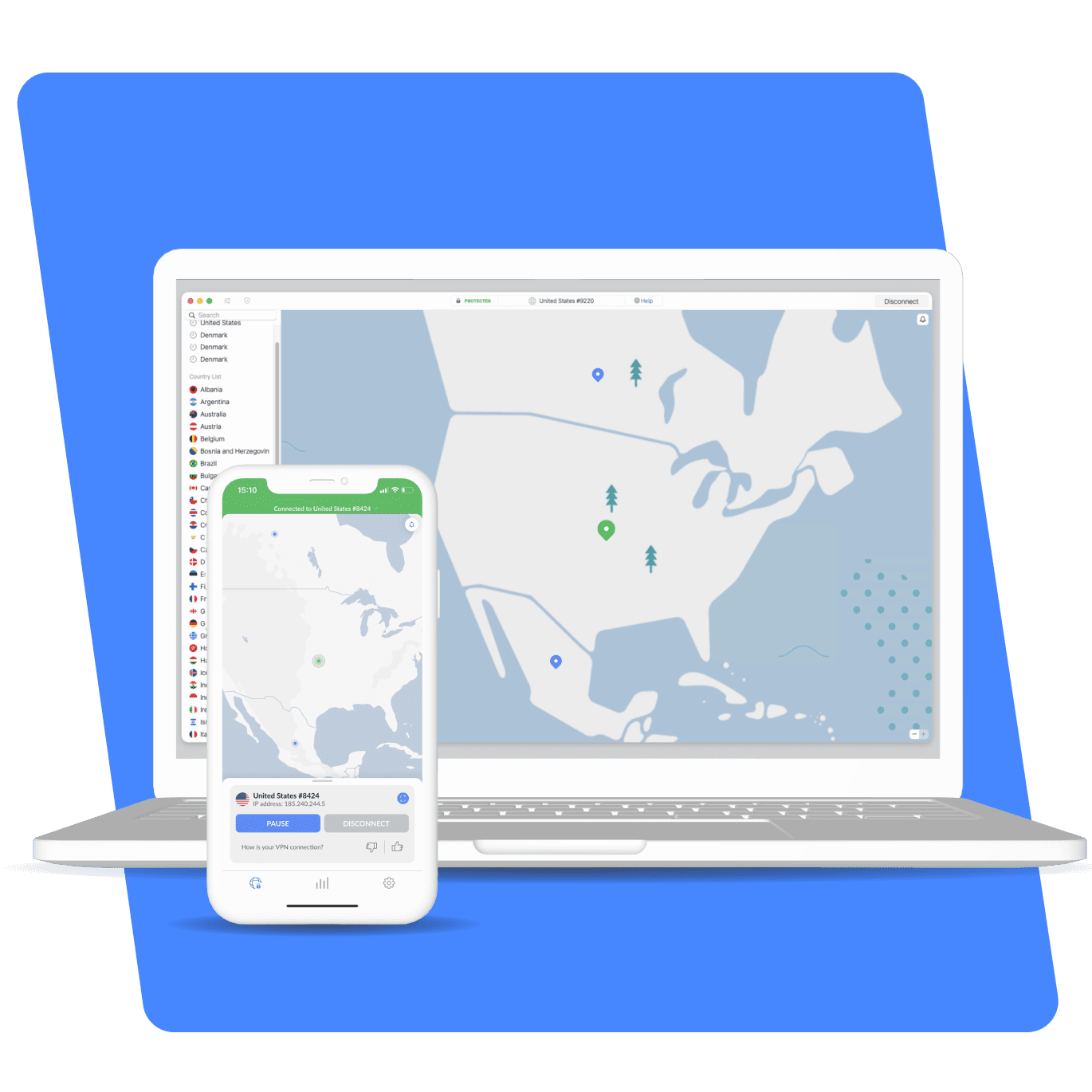What is VPN and its use?
VPN, or Virtual Private Network, is a technology that allows individuals to securely access the internet from any location, by encrypting their internet connection and routing it through a remote server. This provides a number of benefits, including privacy, security, and the ability to bypass internet censorship and access content that may not be available in your location.
A VPN works by creating a secure and encrypted connection between your device and the VPN server. This connection is then used to access the internet, with all data being sent and received through the VPN server. This encrypts your internet traffic and protects your privacy, as your internet service provider (ISP) and other third-party entities are unable to see what you are doing online.
Additionally, using a VPN allows you to bypass internet censorship and access content that may be restricted in your location. This is done by routing your internet connection through a server located in a different country, where the content you want to access is not restricted. This makes VPN a popular tool for individuals who want to access geo-restricted content, such as streaming services, news websites, and social media platforms.
Another benefit of VPN is enhanced security. A VPN creates a secure and encrypted connection, which protects your online activity from cyber criminals and hackers. This is particularly useful when connecting to public Wi-Fi networks, which are often unsecured and can be a source of security threats. Using a VPN protects your personal and financial information, as well as your online activity, when using public Wi-Fi.
When choosing a VPN, there are several factors to consider, including speed, reliability, and security. It is important to choose a VPN that uses strong encryption protocols, such as OpenVPN or IKEv2, and that has a strong privacy policy. Some VPNs also offer additional features, such as ad-blocking, malware protection, and the ability to choose a specific server location.
In conclusion, VPN is a powerful technology that provides a number of benefits, including privacy, security, and the ability to bypass internet censorship and access content that may not be available in your location. By using a VPN, individuals can securely access the internet from any location and protect their personal and financial information from cyber criminals and hackers. When choosing a VPN, it is important to consider factors such as speed, reliability, and security, and to choose a VPN with a strong privacy policy and encryption protocols.
VPN as a marketing tool
VPN, or Virtual Private Network, is not typically thought of as a marketing tool, but it can have a number of benefits for businesses and marketing professionals. By providing privacy, security, and the ability to bypass internet censorship, VPN can help businesses reach new audiences and promote their brand in new and innovative ways.
One way that VPN can be used as a marketing tool is by allowing businesses to reach new audiences in countries where internet censorship is a major issue. By using VPN to bypass these restrictions, businesses can reach consumers who may not otherwise have access to their products or services. This opens up new opportunities for businesses to expand their reach and promote their brand to a wider audience.
Another benefit of VPN as a marketing tool is the improved security it provides. By encrypting internet connections and protecting personal and financial information, VPN helps businesses build trust with their target audience. This can be particularly important for businesses that deal with sensitive information, such as financial services, healthcare providers, and e-commerce companies.
Additionally, VPN can also be used to improve website and online marketing efforts. By allowing businesses to access the internet from a different location, VPN can help businesses overcome geolocation restrictions and access the data and insights they need to make informed marketing decisions. This can include accessing websites and social media platforms that may be restricted in their location, as well as gathering data on consumer behavior and preferences in different regions.
Finally, VPN can also help businesses overcome online security threats, such as hacking, malware, and cyber attacks. By providing a secure and encrypted connection, VPN helps businesses protect their online assets and keep their marketing efforts on track, even in the face of cyber threats.
In conclusion, while VPN is not typically thought of as a marketing tool, it can have a number of benefits for businesses and marketing professionals. By providing privacy, security, and the ability to bypass internet censorship, VPN can help businesses reach new audiences, build trust with their target audience, and protect their online marketing efforts from cyber threats. Whether used to reach new audiences, improve website and online marketing efforts, or enhance security, VPN can play an important role in the success of any marketing campaign.

Take your cybersecurity to the next level
Protect your identity and sensitive data. Stay safe online. Get 2 years of the best VPN service with 68% off for $3.71/month.
Protect all of your devices
Do you use Windows at work, macOS at home, and Linux for your special projects? You’ll enjoy online privacy and security on every platform. There’s a NordVPN application for Windows, macOS, iOS, Android, Linux and even Android TV. Oh, and also encrypted proxy extensions for Chrome, Firefox, and Edge. Best of all, with one NordVPN account, you can secure up to 6 devices at the same time. It’s the top VPN provider for all your gadgets, trusted by 14 million users worldwide. Try our risk-free VPN with a 30-day money-back guarantee and surf the web in privacy!
